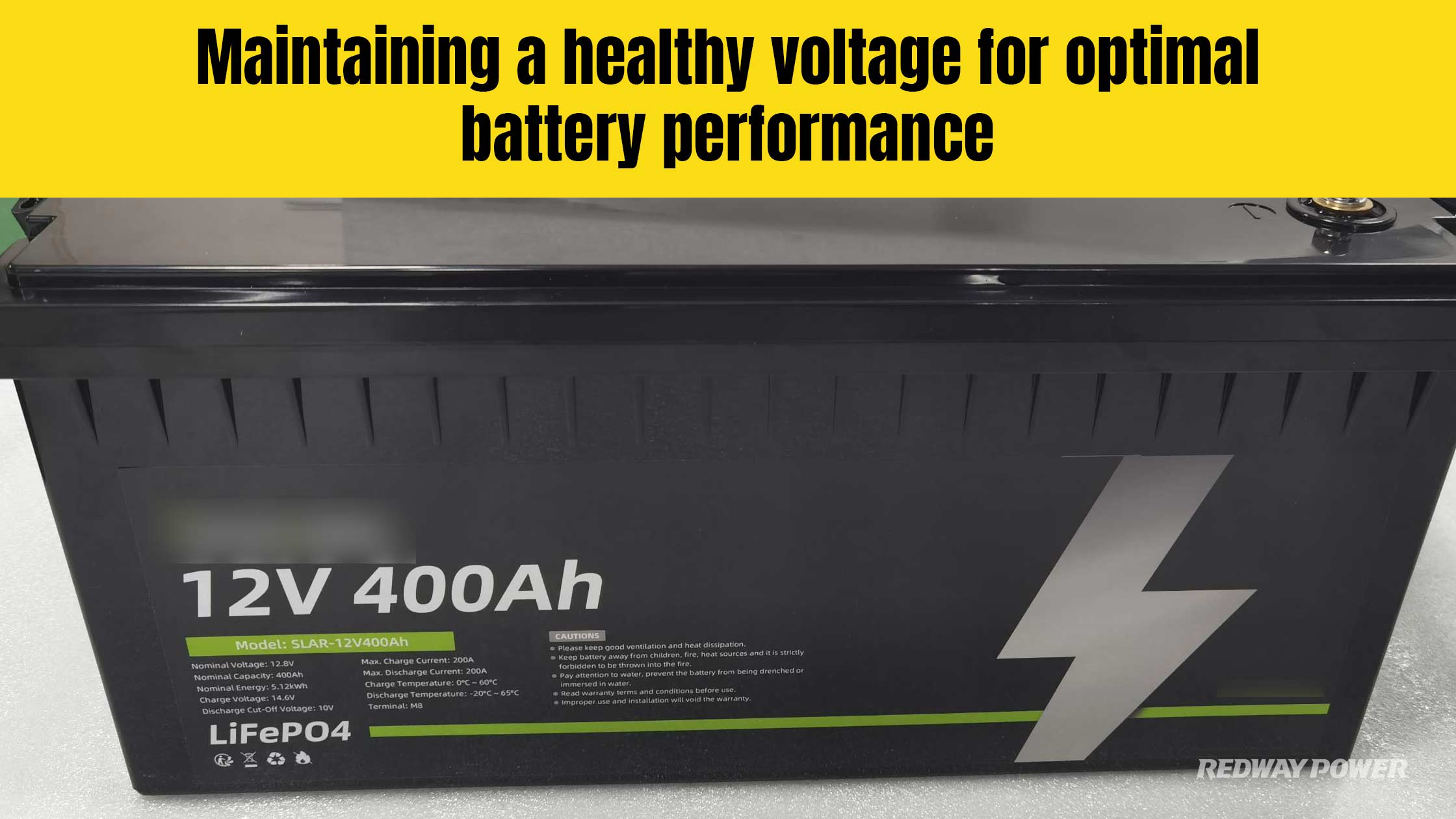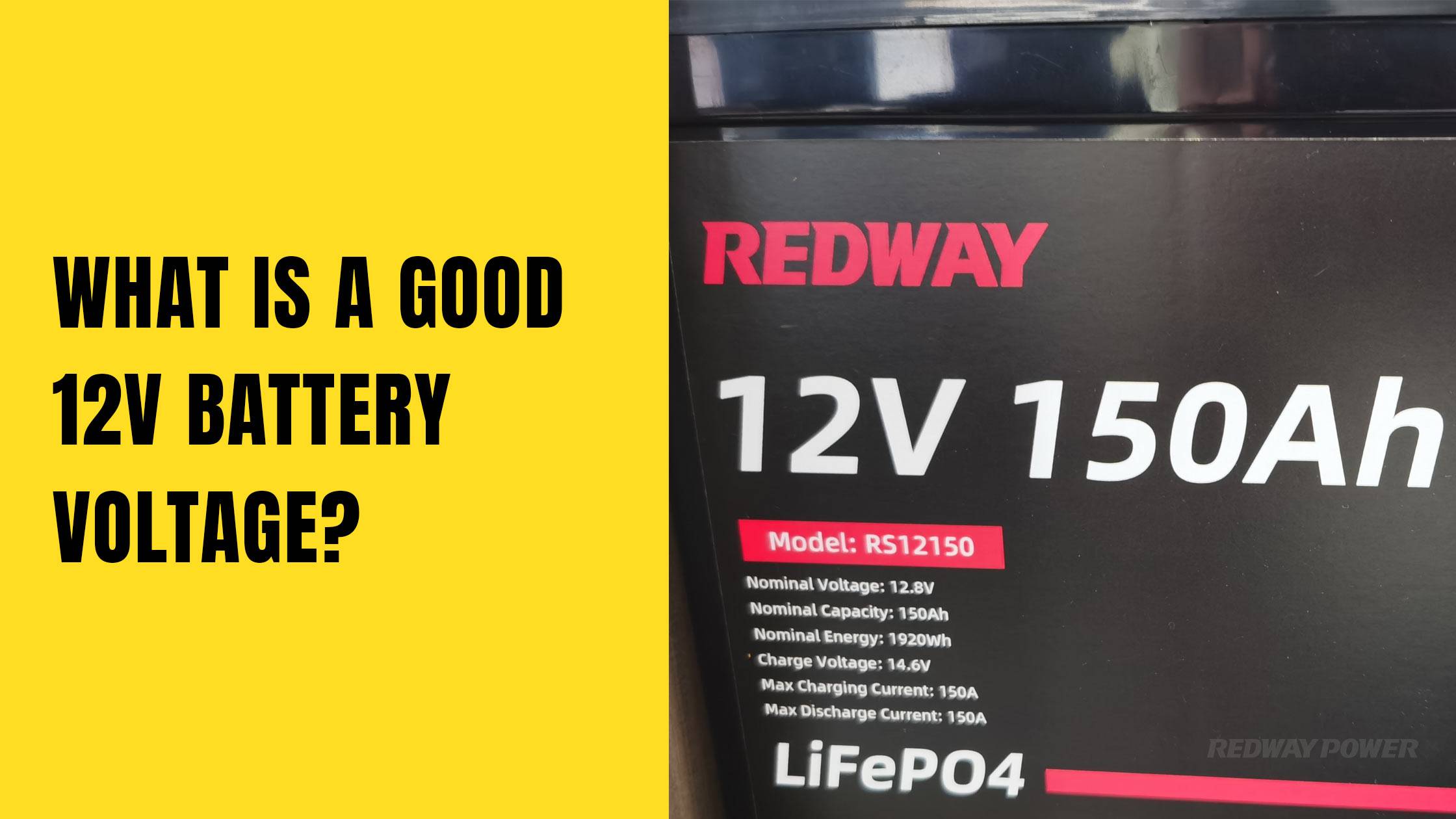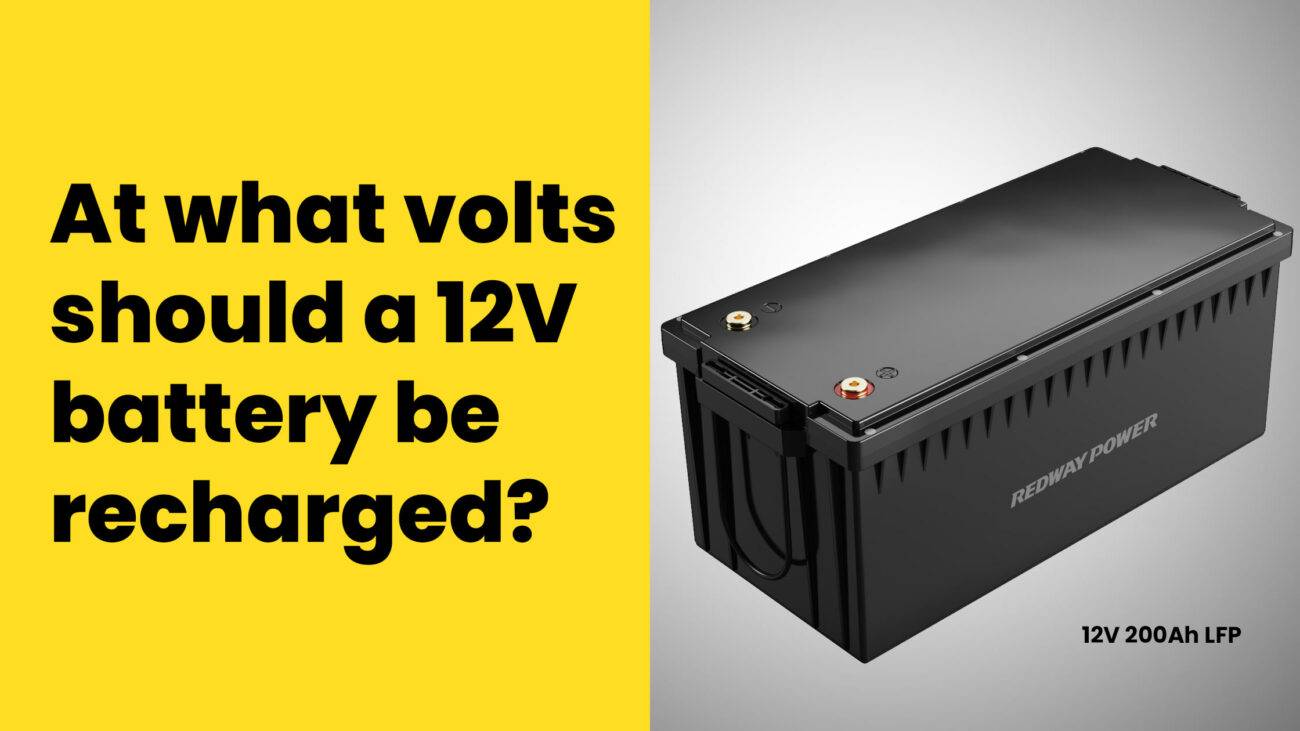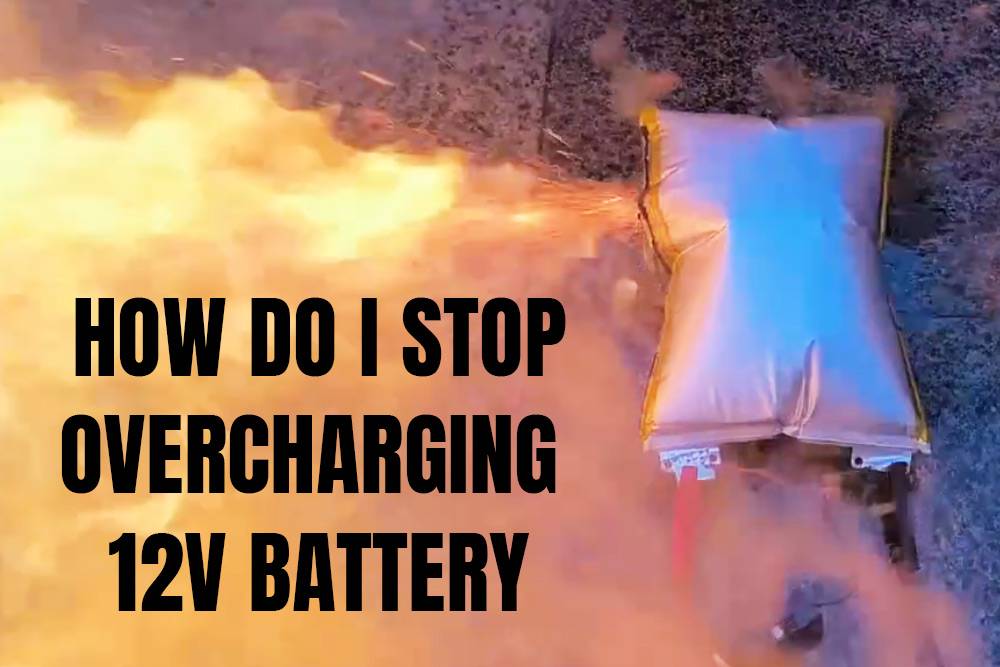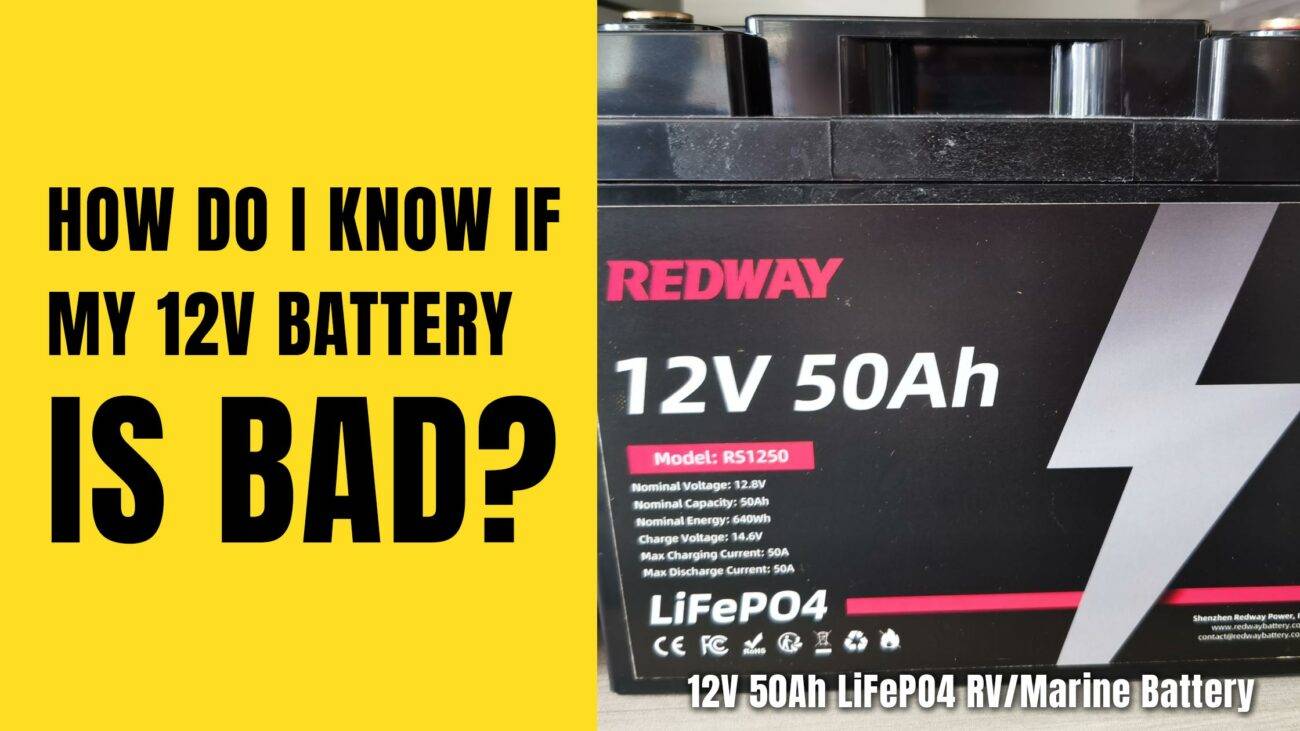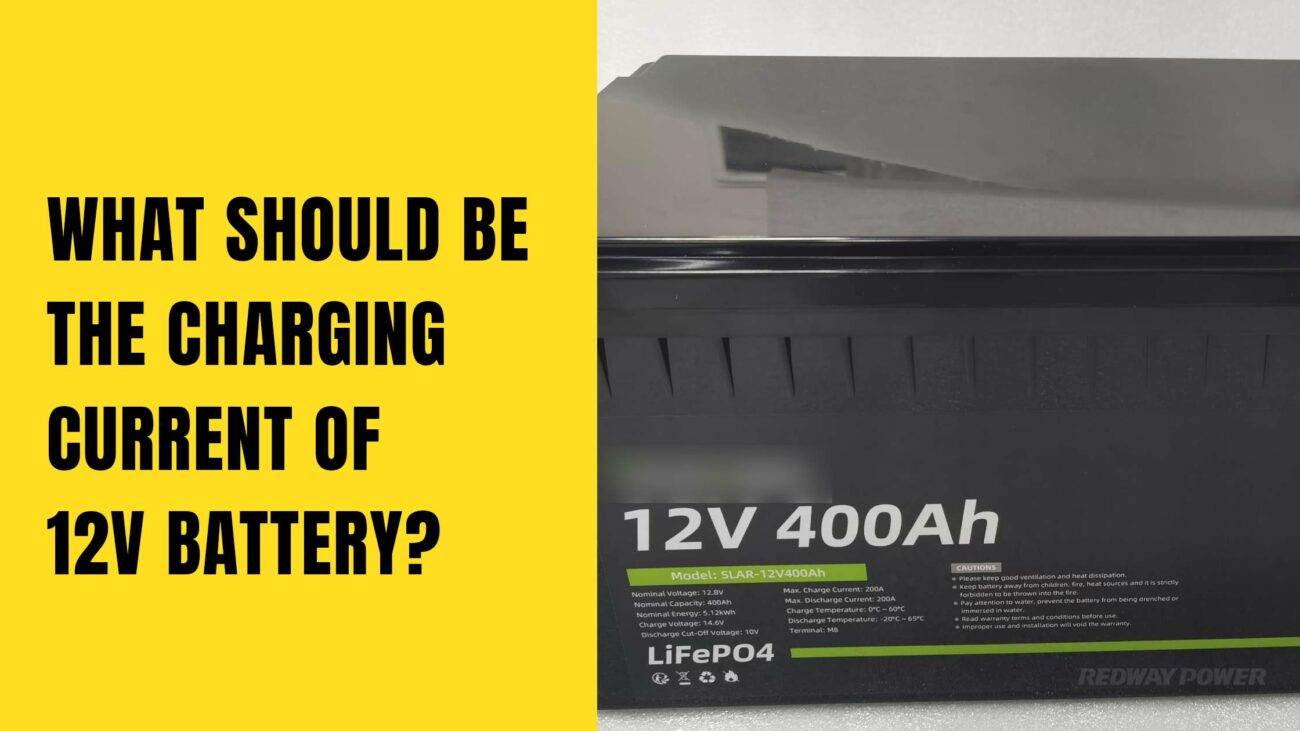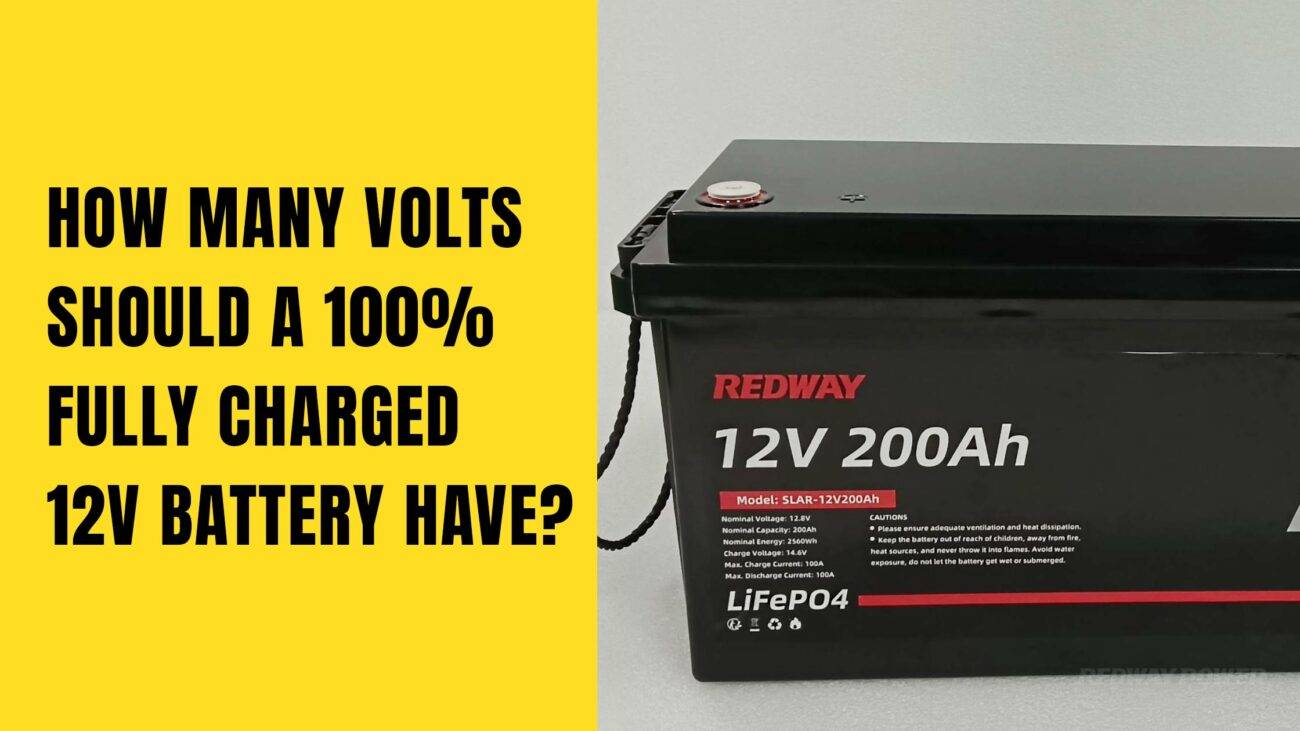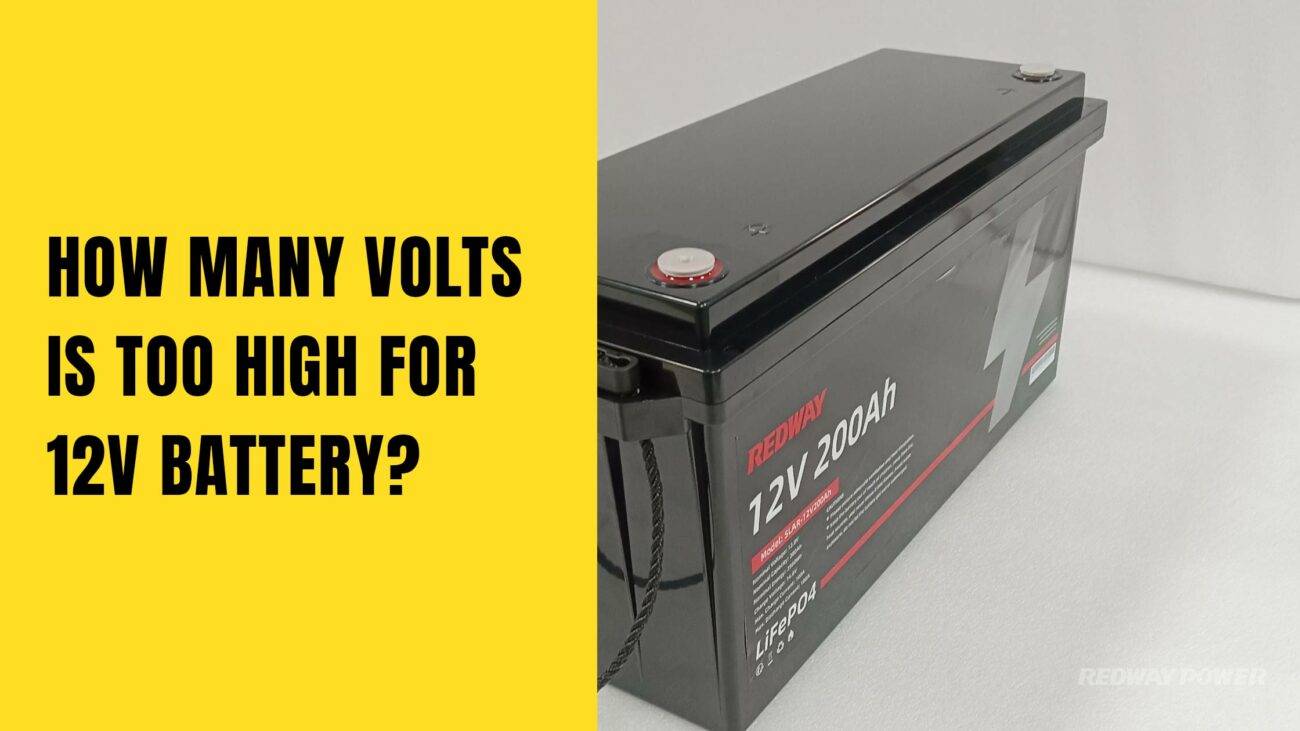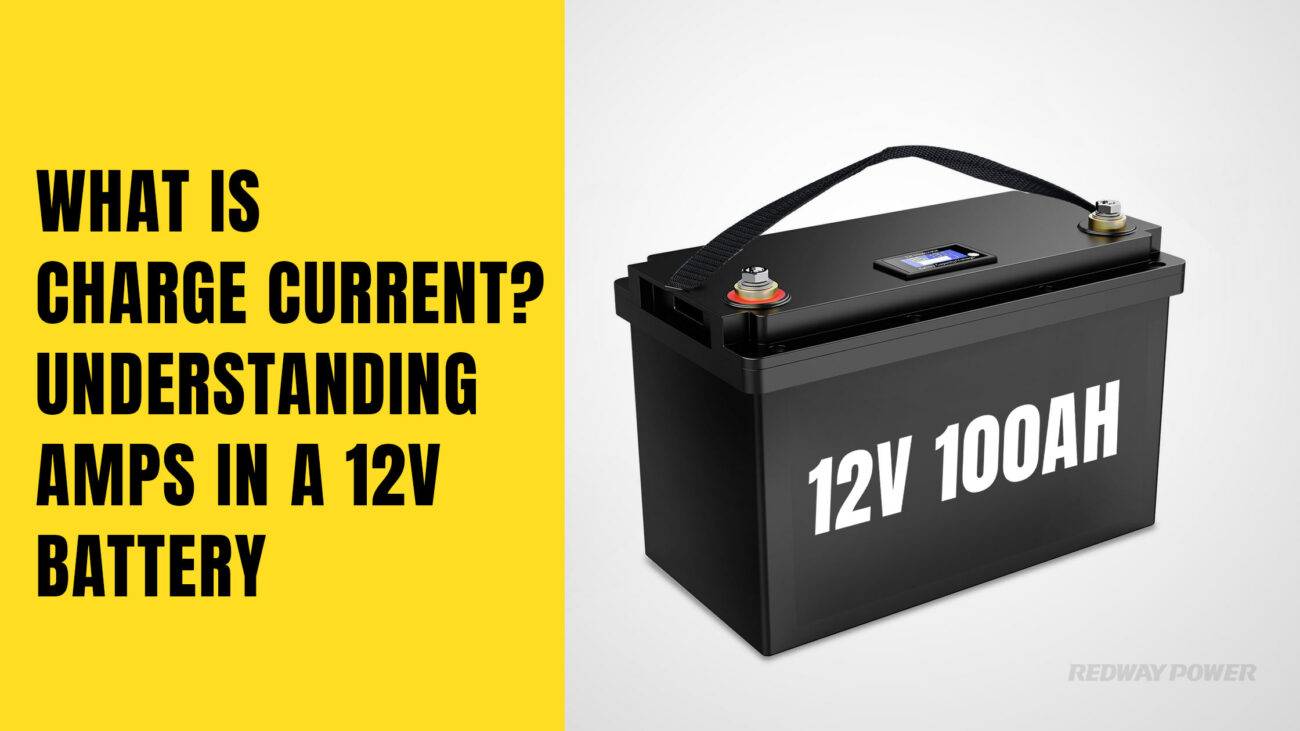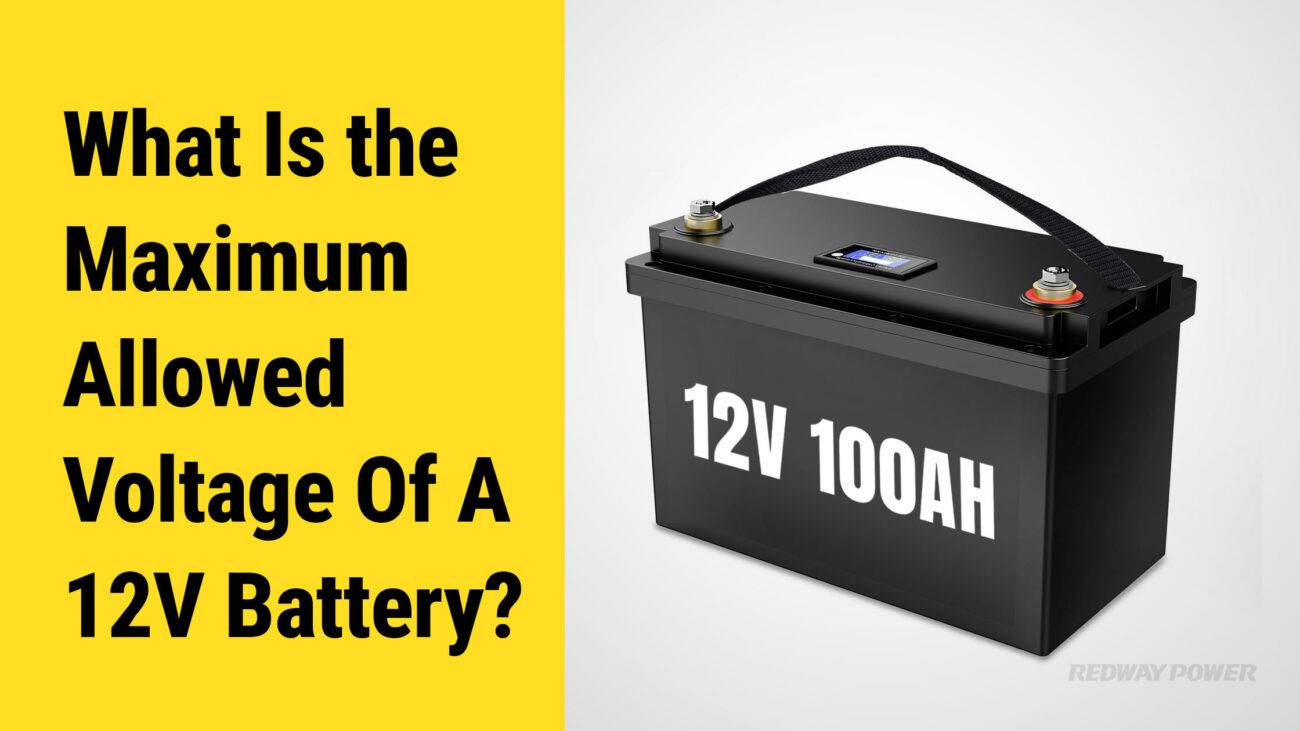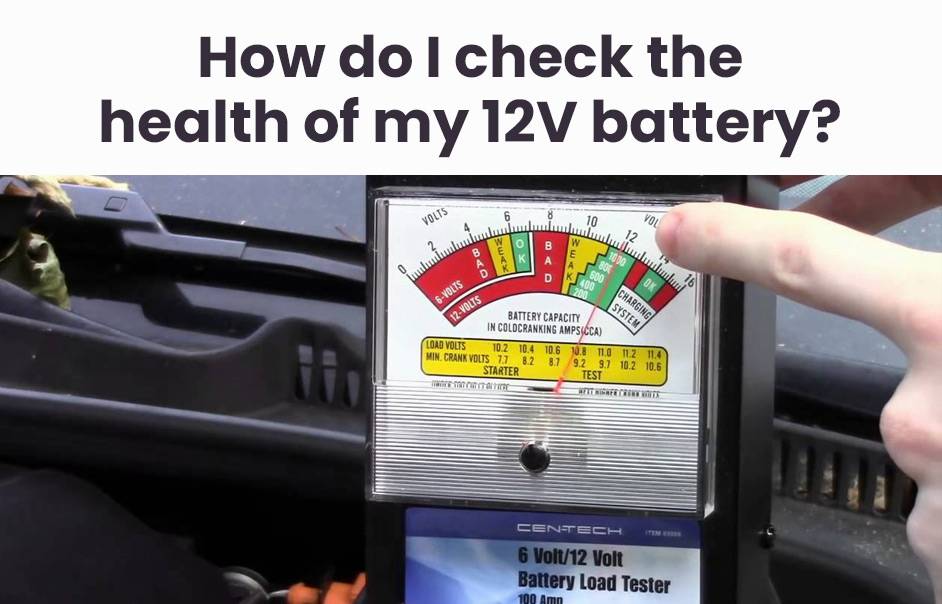Maintain optimal 12V battery performance by monitoring voltage regularly, avoiding overcharging and undercharging, keeping terminals clean, and storing correctly. Proper care extends battery lifespan, saves money, and reduces environmental impact. Follow these tips for reliable power!
Understanding the basics of battery voltage
Battery voltage is crucial for 12V batteries. It’s like the force pushing electrons in circuits. While termed 12V, actual voltage varies due to factors like capacity and temperature. Understanding this helps predict battery health and performance. Monitoring and maintaining optimal voltage ensure reliable vehicle starting and prevent breakdowns. Learn more about factors affecting voltage for better battery management.
Understanding battery voltage is essential for 12V batteries. It’s like the energy pushing electricity in circuits. Let’s delve deeper into this concept:
- Voltage Basics: Voltage measures the force driving electricity. For 12V batteries, voltage fluctuates based on factors like battery capacity and temperature.
- Importance of Understanding: Knowing voltage helps predict battery performance. Monitoring and maintaining optimal voltage ensures reliable vehicle starting and prevents breakdowns.
- Factors Affecting Voltage: Capacity, temperature, and usage patterns impact battery voltage. Regular monitoring and maintenance are key to maximizing battery lifespan and performance.
In conclusion, grasping battery voltage basics is crucial for efficient battery management and vehicle reliability.
Factors that affect 12V battery voltage
Various factors affect 12V battery voltage. Temperature extremes, age, and usage patterns influence chemical reactions inside the battery, leading to voltage fluctuations. Connected devices, like power-hungry gadgets, can cause temporary drops. Internal resistance also plays a role. Monitoring and maintaining proper charging habits help ensure consistent battery performance.
Understanding why 12V battery voltage fluctuates is crucial for optimal performance. Let’s break it down:
- Temperature Impact: Extreme temperatures affect battery chemistry, causing slower reactions in cold weather and faster ones in heat. This leads to voltage fluctuations, impacting battery performance.
- Age and Condition: As batteries age, their capacity decreases, affecting their ability to hold charge and maintain stable voltage levels over time.
- Usage Patterns: Consistently deep discharging before recharging can lower voltage over time. Regular maintenance charging helps maintain optimal voltage levels.
- Connected Devices: Devices drawing high power from the battery can cause temporary voltage drops, impacting overall performance.
- Internal Resistance: Higher internal resistance leads to greater power losses, affecting voltage output and battery performance.
Monitoring and managing these factors ensure consistent battery performance and longevity.
The ideal voltage range for a 12V battery
Ensure your 12V battery stays in top shape by understanding its ideal voltage range. A fully charged battery should read between 12.6 to 12.8 volts. If it drops below 11 volts, it needs recharging or replacement. Avoid overcharging and undercharging, as they can harm battery life. Regularly check voltage levels and perform maintenance for optimal performance and longevity.
Understanding the ideal voltage range for a 12V battery is vital for its performance and longevity. Here’s a simplified explanation:
- Optimal Voltage Range: A fully charged 12V battery typically reads between 12.6 to 12.8 volts. This voltage level ensures that the battery has enough energy stored to function effectively.
- Signs of Discharge: If the voltage drops below 11 volts, it indicates significant discharge, and the battery may require recharging or replacement to maintain proper functionality.
- Avoid Overcharging and Undercharging: Both overcharging and undercharging can harm the battery’s lifespan. Overcharging can lead to excessive heat and electrolyte loss, while undercharging can cause sulfation and reduced capacity.
- Monitoring Voltage: Regularly checking the battery’s voltage level with a digital multimeter in DC Volts mode helps detect potential issues early and take necessary steps to prevent damage or failure.
- Maintenance Importance: Proper maintenance, including cleaning, checking for loose connections or corrosion, and storing batteries appropriately, is crucial for ensuring optimal performance and longevity.
By understanding and maintaining the ideal voltage range, you can maximize your 12V battery’s lifespan and ensure reliable power supply when needed most.
Effects of overcharging and undercharging on battery voltage
Overcharging and undercharging can harm a 12V battery’s voltage. Overcharging floods the battery with too much electricity, causing overheating and damage. Undercharging leaves the battery insufficiently charged, leading to decreased performance. To avoid these problems, use a suitable charger and monitor the battery’s charge level regularly. This ensures longevity and reliable performance of the battery.
Let’s explore the effects of these charging practices and how they impact the performance and longevity of your battery.
- Overcharging: When a battery is overcharged, it receives an excess of electrical current beyond its capacity. This leads to an increase in voltage, causing the battery to overheat and potentially damaging its internal components.
- Undercharging: Conversely, undercharging occurs when a battery doesn’t receive enough electrical current to reach its full capacity. This results in a decrease in voltage, leading to reduced performance and potential long-term damage, such as sulfation.
- Impact on Battery Lifespan: Both overcharging and undercharging can significantly shorten the lifespan of a 12V battery. These charging practices accelerate chemical reactions within the battery, causing it to degrade faster and potentially fail prematurely.
In conclusion, avoiding overcharging and undercharging is essential for preserving the health and performance of your 12V battery. By using a suitable charger and monitoring the battery’s charge level regularly, you can ensure optimal performance and longevity.
How to measure the voltage of a 12V battery
To check a 12V battery’s voltage, use a digital multimeter. Set it to DC voltage mode and connect the red lead to the positive terminal and the black lead to the negative terminal. A fully charged battery should read around 12.6-12.8 volts. Regular checks ensure optimal battery health and performance.
Checking a 12V battery’s voltage is vital for its health. Let’s understand how to do it easily.
- Use a Multimeter: Get a digital multimeter and set it to DC voltage mode.
- Connect Leads: Attach the red lead to the battery’s positive terminal and the black lead to the negative terminal.
- Read the Display: Look at the multimeter display for the voltage reading.
- Interpret the Reading: A fully charged 12V battery typically shows 12.6-12.8 volts.
- Regular Checks: Consistent voltage checks help maintain battery health and ensure optimal performance.
- Conclusion: By following these steps, you can easily monitor your 12V battery’s voltage and keep it in good condition for longer-lasting use.
Maintaining a healthy voltage for optimal battery performance
Keep your 12V battery healthy by checking its voltage often, avoiding overcharging, and fully charging before use. Clean the terminals regularly for good contact and store the battery in a cool, dry place. Following these simple steps ensures a longer lifespan and better performance for your battery.
Maintaining a healthy voltage for your 12V battery is essential for its longevity and performance. Here’s a simple breakdown:
- Regular Checks: Use a multimeter to measure the battery’s voltage regularly.
- Avoid Overcharging: Overcharging can harm the battery, so use chargers with smart features.
- Prevent Undercharging: Ensure the battery is fully charged before use.
- Keep Terminals Clean: Dirty terminals affect performance, so clean them often.
- Proper Storage: Store batteries in a cool, dry place when not in use.
Following these steps will help your battery last longer and work better when you need it!
